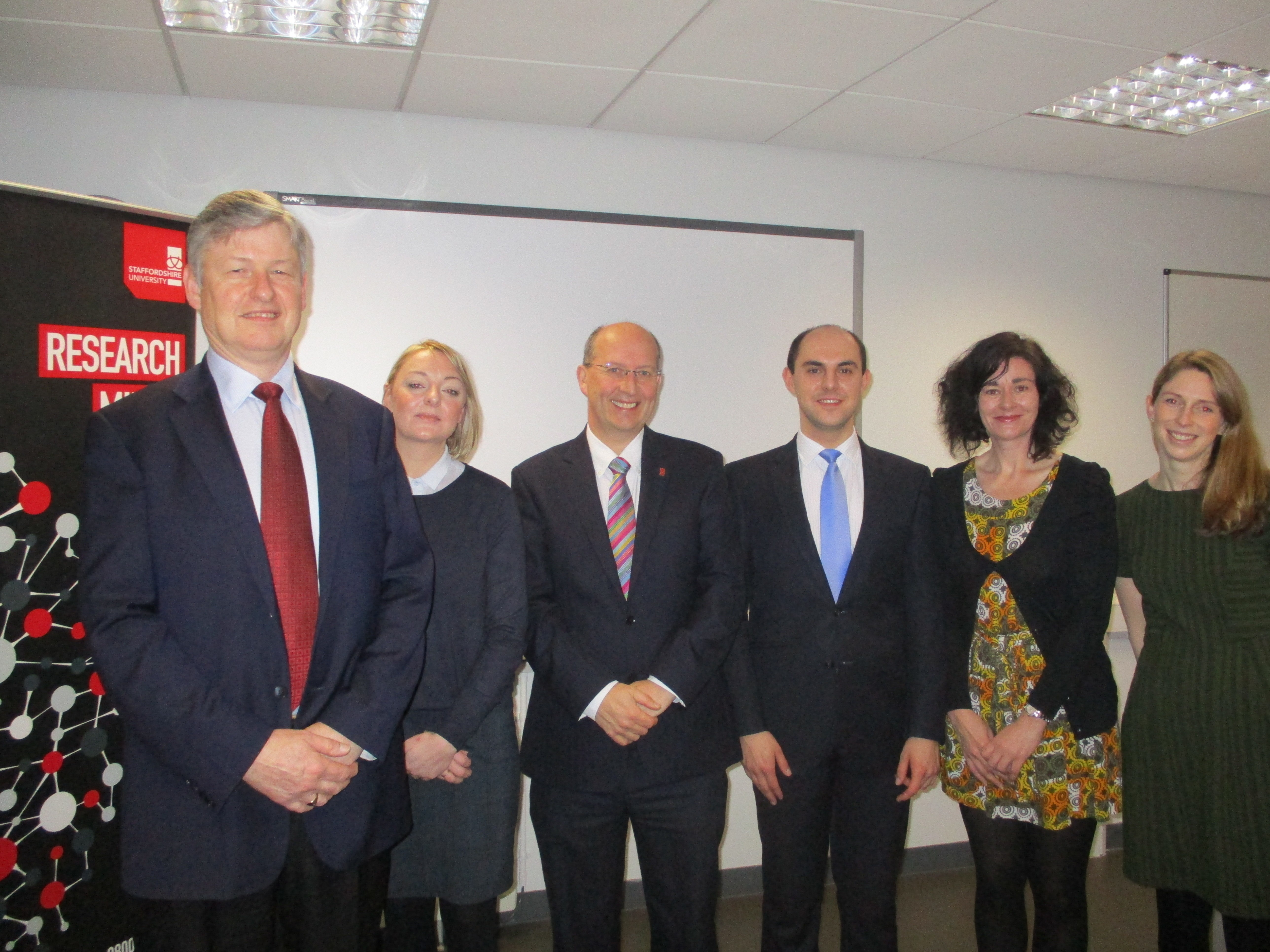The Trans-Atlantic Platform today announced that it will be launching its first international funding opportunity: the T-AP Digging into Data Challenge.
The T-AP Digging into Data Challenge will launch in March. The Challenge will support research projects that explore and apply new “big data” sources and methodologies to address questions in the social sciences and humanities.
The funding opportunity is open to projects that address any research question in humanities and/or social sciences disciplines by using new, large-scale, digital data analysis techniques. All projects must show how these techniques can lead to new theoretical insights. Proposed projects can use any data source.
About T-AP
The Trans-Atlantic Platform (T-AP) is an unprecedented collaboration between key humanities and social science funders and facilitators from South America, North America and Europe.
T-AP aims to enhance the ability of funders, research organizations and researchers to engage in transnational dialogue and collaboration. Among other activities, it works to identify common challenges and emerging priorities in social science and humanities research. T-AP also facilitates the formation of networks within the social sciences and humanities and helps connect them with other disciplines.
About the Digging into Data Challenge
The Digging into Data Challenge has been funding cutting-edge digital research in the humanities and social sciences since 2009. Now under the auspices of T-AP, the program will support collaborative research teams from three continents: Europe (Finland, France, Germany, the Netherlands, Portugal (to be confirmed) and the United Kingdom); North America (Canada, Mexico, the United States); and South America (Brazil and Argentina).
Further information about this transatlantic funding opportunity – including links to application details – will be made available on the Trans-Atlantic Platform website as of March 1, 2016.
If you are interested in this please contact N.Arblaster@staffs.ac.uk or








